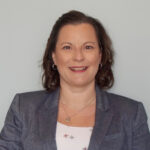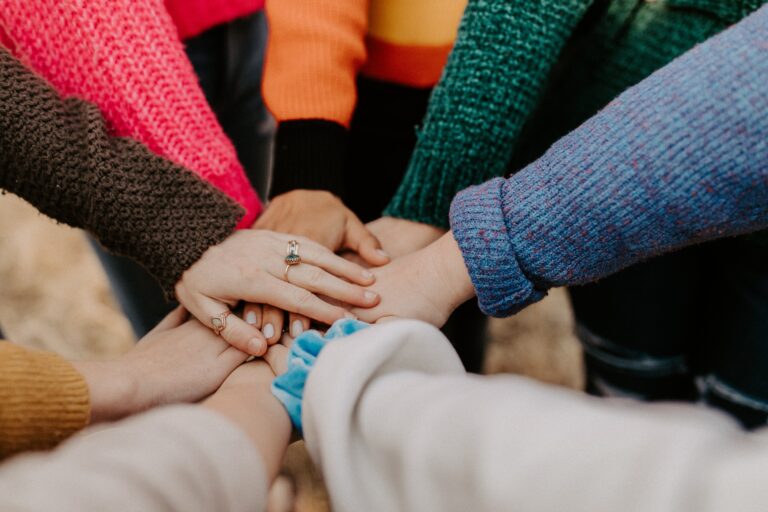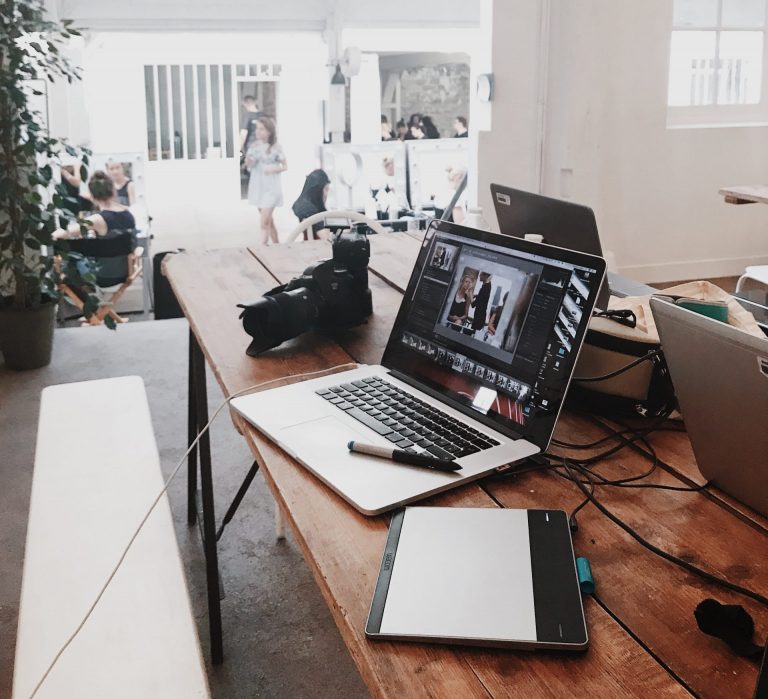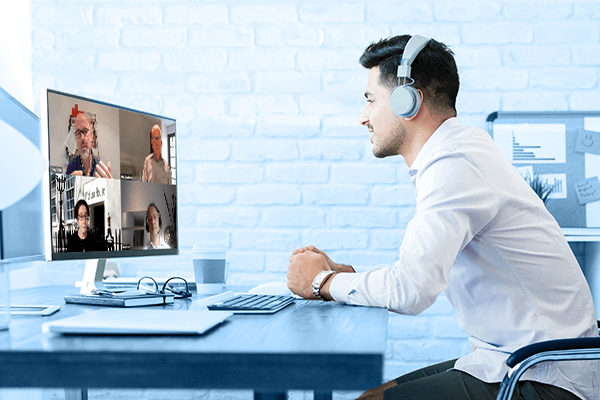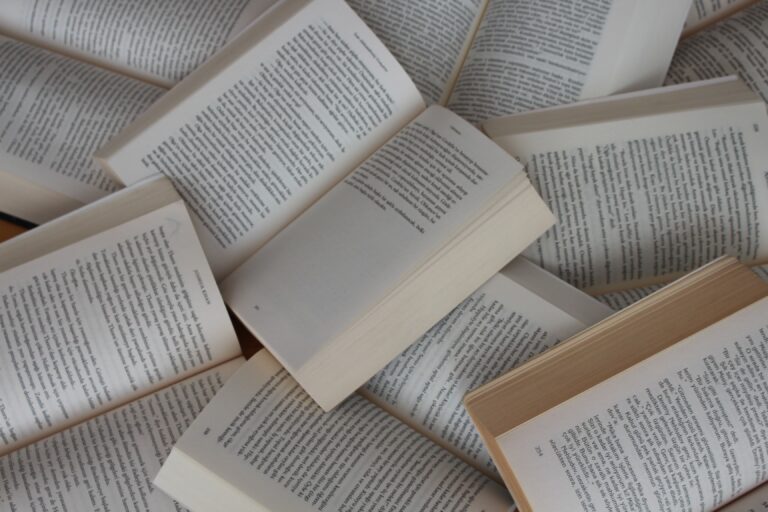Sorry to Disrupt You: Learning through turmoil to unlock our future potential
As 2021 was drawing to a close, I found myself reflecting on the challenges and successes of the past year and anticipating a more normal 2022. As we began the New Year, it was clear that it would not be normal, and I began to wonder what normal even is? The pandemic continues to challenge our resilience, our flexibility, and our ability to innovate. It seems that disruption is the new normal, perhaps it always was, and our awareness of it has only been heightened. Either way, it has left me pondering the role that disruption plays in learning.
If we choose to notice, we have most likely been learning not just in the formal sense as students and teachers; but also personally, professionally and organizationally, throughout this pandemic. At a personal level, I have lost connections with those outside my ‘bubble,” and with some whom I thought were in it. I have sometimes felt alone and lacked direction, I focused on my work and my doctoral studies, sometimes losing sight of the need for downtime. These experiences taught me to appreciate time alone, enhanced my spiritual practices, and placed my focus on the most important relationships in my life. I completed my Ed.D. and learned about my resilience, creativity, and perseverance. Professionally, I learned to work remotely, built connections with my team despite geographic barriers, hired and onboarded new employees without ever meeting them in person, designed and delivered professional development offerings through innovative and flexible approaches to support the colleagues we serve. Organizationally, we have used technology to support business continuity, we have learned to trust our people, and we have flexed to meet constantly changing circumstances. These are only a few examples of what has been accomplished. So why have we not done all of these things before? What helped us to succeed, and in some ways, thrive? What could be celebrated from these challenging times?
It has often been said that rich learning occurs in the muddy parts, for without discomfort, we are not stretching and growing. Essentially, when a person is confronted with an experience that is not aligned with their previous understanding, they experience a concept labelled disjuncture (Jarvis, 2012). In this situation, the person is motivated to find new knowledge and new ways of doing things. Reflecting on the experience of disjuncture it can lead to changes in ones identity or practice as a learner. It seems that this is exactly what has occurred for everyone in higher education and arguably in every industry around the world. Bjursel (2020) examined the pandemic and lifelong learning in the context of fear, reminding us that the mindset and context with which we approach the learning impacts the level at which that learning occurs. The author encouraged reflection as a means to integrate and solidify new knowledge and skills.
Disruption is stressful, significantly so when it impacts every aspect of our lives personally and professionally. However, it has been my experience that focusing on the positive, what we have learned and how to be better in the future helps us to remain resilient and innovative. So, as we move forward, I encourage you to pause, notice, reflect and celebrate, and I challenge you to consider how you will ride the wave of the disruptive new normal. What have you done that you may previously have thought was not possible? What has worked well for you during this time and how can you hang onto it in the future? How have you grown personally and professionally? What have you let go of that you wish to leave in the past? What are the opportunities for the future that excite and inspire you?
Sorry to disrupt you; sincerely, Leeann
Bjursell C. The COVID-19 pandemic as disjuncture: Lifelong learning in a context of fear. Int Rev Educ. 2020 Oct 30:1-17. doi: 10.1007/s11159-020-09863-w. E
Jarvis, P. (2012). Toward a comprehensive theory of human learning. Routledge.
Leeann leads the Learning Technology and Educational Consultant teams in their efforts to support innovation in teaching and learning at KPU. Leeann oversees and advances existing KPU supported educational technologies and tools to align with institutional values and current best practices. Previously an experienced faculty member, Leeann holds a Post Masters Certificate in Curriculum Design and is a doctoral candidate in the Distance Education EdD at Athabasca University. Leeann is an advocate for the culture of folio thinking pedagogy and its potential to revolutionize KPU's learning landscape.

